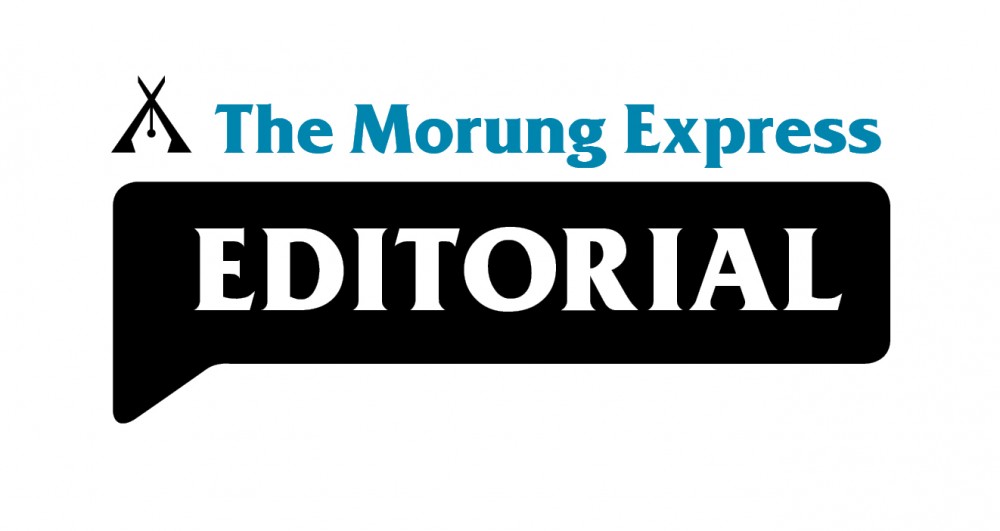
Veroli Zhimo
This year, World Press Freedom Day comes at a time that is characterised by the viral spread of false information online, the weakening of the media, and ongoing attacks on journalists – all of which have been exacerbated by the COVID-19 pandemic.
While the digital revolution was seen as a means to make the media more plural and participatory, the growing influence of global social media platforms raises questions, because these platforms are the dominant source of information, making them unprecedented echo chambers for rumours and conspiracy theories. Even if the platforms do not create content, they help determine what is seen, read, listened to, and shared.
In this scenario, for much of the Naga populace for whom there is little to no distinction between news media and social media, the general tendency is to accept all information as ‘true’ without any critical thinking. This has posed a huge challenge to the practice of journalism in the state.
Besides this, the effect that digital technology has had on the economic viability of independent media has become acute in the context of the pandemic, which has resulted in decreased revenues for nearly 90% of media outlets. For independent media, these losses have reached 30 billion USD globally, according to the Reuters Institute. Likewise, Nagaland’s independent media, which are all home-grown financially fragile establishments, have been hit hard by the pandemic.
On the subject of press freedom, about six years ago on the eve of World Press Freedom Day, this newspaper spoke to a section of the press fraternity on what could be hindering the healthy and vibrant progress of journalism in Nagaland. At the time, while it was noted that there were several external and internal challenges including ‘economic needs, political compulsion, socio-cultural and religious demands,’ the most commonly expressed view was that there is an attitude of indifference from the public towards the media. The journalists pointed to the public’s demands for ‘investigative journalism,’ and viewed that even when “there are some stories, there is hardly any reaction from the public.”
It would not be wrong to state that the same indifference is prevalent even to this day.
As the digital age continues to develop, the viability of media outlets and the development of critical thinking are subjects essential to the health of any society.
A free and independent media sector that can keep the population informed and hold leaders to account is as crucial for a strong and sustainable democracy as free and fair elections. Without it, citizens cannot make informed decisions about how they are ruled, and abuse of power—which is all but inevitable in any society— cannot be exposed and corrected.
World Press Freedom Day is a reminder that beyond the necessary actions which should be taken by governments to protect the fundamental right to seek and disseminate information through an independent press, every individual can also defend press freedom on a daily basis.
Comments can be sent to vzhimolimi@gmail.com






